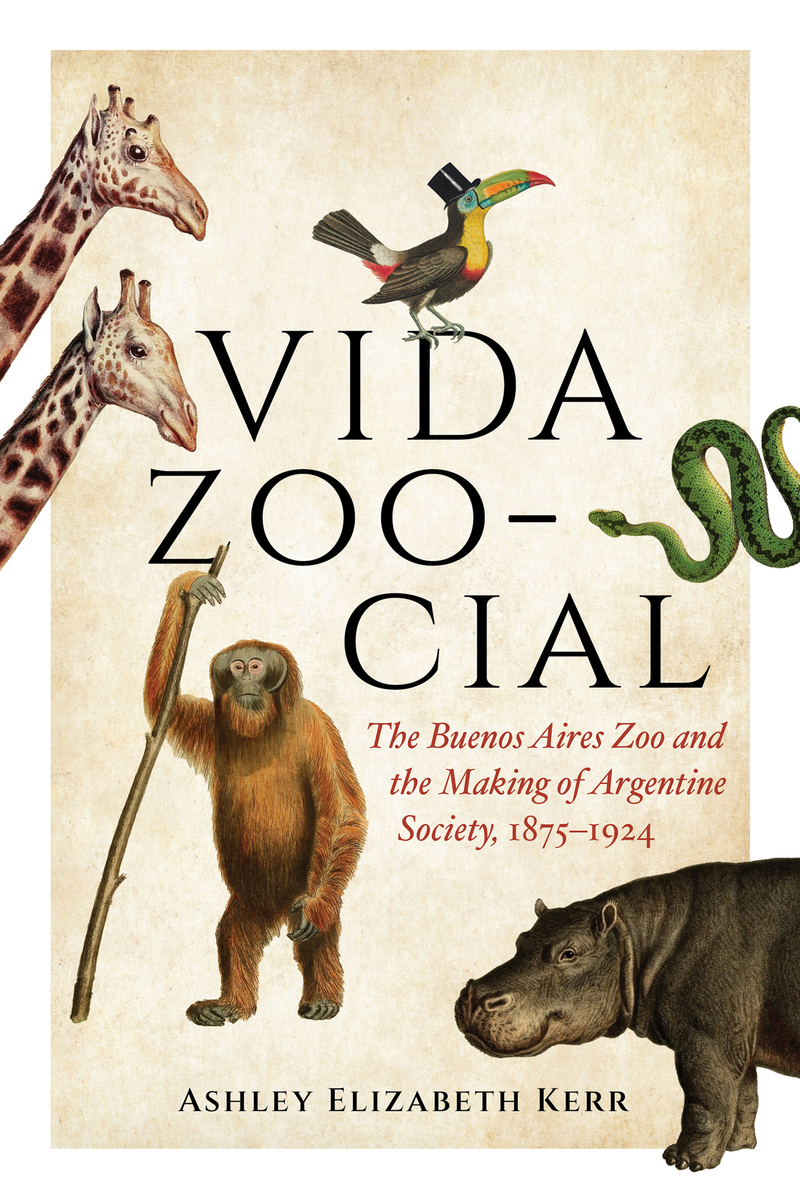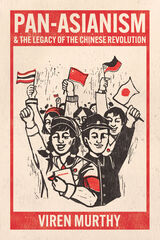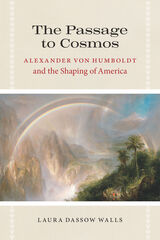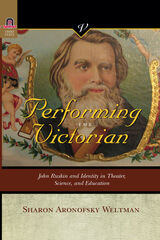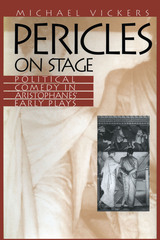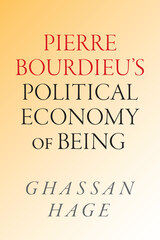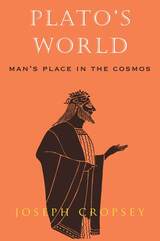Vida Zoo-cial: The Buenos Aires Zoo and the Making of Argentine Society, 1875–1924
Vanderbilt University Press, 2025
Cloth: 978-0-8265-0807-2 | Paper: 978-0-8265-0806-5 | eISBN: 978-0-8265-0808-9 (ePub) | eISBN: 978-0-8265-0809-6 (PDF)
See other books on: Buenos Aires | Kerr, Ashley Elizabeth | Making | South America | Zoology
See other titles from Vanderbilt University Press
Cloth: 978-0-8265-0807-2 | Paper: 978-0-8265-0806-5 | eISBN: 978-0-8265-0808-9 (ePub) | eISBN: 978-0-8265-0809-6 (PDF)
ABOUT THIS BOOK | AUTHOR BIOGRAPHY | REVIEWS | TOC
ABOUT THIS BOOK
In late nineteenth- and early twentieth‑century Buenos Aires, elites attempted to tackle growing poverty and crime rates with a suite of social, educational, and medical reforms, hoping to make the city and larger nation more “modern” and “progressive” on the world stage. Known as the “social question,” this turn-of-the-century elite preoccupation with the future of the city and nation was undergirded by a larger set of social Darwinist beliefs about the biological and racial inferiority of immigrants and the working class, linking them to higher susceptibility to alcoholism, sexual deviancy, insanity, and disease.
In Vida Zoo‑cial, Ashley Elizabeth Kerr argues that the Buenos Aires Zoo and its many animal species were a central tool in elites’ attempt to remake Argentinian society. By using the zoo’s physical spaces, programming, and advertising campaigns, elites tried to educate the masses, especially immigrants and the poor, without having to confront existing inequalities within Argentinian society. Drawing upon extensive archival research from the files of the zoo, including correspondence, municipal reports, receipts, and employment records, as well as a range of literary and popular culture sources, Kerr shows how elite intentions to use the zoo as a tool for social reform rarely went as planned. From attempts to enlist the zoo’s animals to demonstrate proper hygiene practices and social mores to modeling reproduction and motherhood, zoo visitors and the animals they went to see often served as foils to elite plans for social reform.
Vida Zoo‑cial is not only a story about how the poor and working class resisted elite efforts for social reform founded upon racialized beliefs and pseudoscience, but also one that challenges readers to rethink the relationship between humans and non‑humans.
In Vida Zoo‑cial, Ashley Elizabeth Kerr argues that the Buenos Aires Zoo and its many animal species were a central tool in elites’ attempt to remake Argentinian society. By using the zoo’s physical spaces, programming, and advertising campaigns, elites tried to educate the masses, especially immigrants and the poor, without having to confront existing inequalities within Argentinian society. Drawing upon extensive archival research from the files of the zoo, including correspondence, municipal reports, receipts, and employment records, as well as a range of literary and popular culture sources, Kerr shows how elite intentions to use the zoo as a tool for social reform rarely went as planned. From attempts to enlist the zoo’s animals to demonstrate proper hygiene practices and social mores to modeling reproduction and motherhood, zoo visitors and the animals they went to see often served as foils to elite plans for social reform.
Vida Zoo‑cial is not only a story about how the poor and working class resisted elite efforts for social reform founded upon racialized beliefs and pseudoscience, but also one that challenges readers to rethink the relationship between humans and non‑humans.
See other books on: Buenos Aires | Kerr, Ashley Elizabeth | Making | South America | Zoology
See other titles from Vanderbilt University Press
